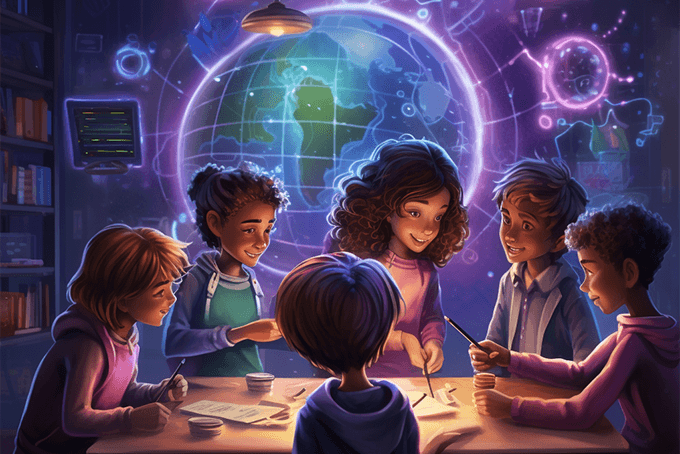Definition
This theory of human intelligence, developed by psychologist Howard Gardner, suggests there are at least seven ways that people have of perceiving and understanding the world. Gardner labels each of these ways a distinct “intelligence”–in other words, a set of skills allowing individuals to find and resolve genuine problems they face.
Discussion
Gardner defines an “intelligence” as a group of abilities that:
Is somewhat autonomous from other human capacities
Has a core set of information-processing operations
Has a distinct history in the stages of development we each pass through
Has plausible roots in evolutionary history
While Gardner suggests his list of intelligences may not be exhaustive, he identifies the following seven:
- Verbal-Linguistic–The ability to use words and language
- Logical-Mathematical–The capacity for inductive and deductive thinking and reasoning, as well as the use of numbers and the recognition of abstract patterns
- Visual-Spatial–The ability to visualize objects and spatial dimensions, and create internal images and pictures
- Body-Kinesthetic–The wisdom of the body and the ability to control physical motion
- Musical-Rhythmic–The ability to recognize tonal patterns and sounds, as well as a sensitivity to rhythms and beats
- Interpersonal–The capacity for person-to-person communications and relationships
- Intrapersonal–The spiritual, inner states of being, self-reflection, and awareness
How Multiple Intelligences Impact Learning
Curriculum–Traditional schooling heavily favors the verbal-linguistic and logical-mathematical intelligences. Gardner suggests a more balanced curriculum that incorporates the arts, self-awareness, communication, and physical education.
Instruction–Gardner advocates instructional methods that appeal to all the intelligences, including role playing, musical performance, cooperative learning, reflection, visualization, story telling, and so on.
Assessment–This theory calls for assessment methods that take into account the diversity of intelligences, as well as self-assessment tools that help students understand their intelligences.
Reading
Howard Gardner, Frames of Mind: The Theory of Multiple Intelligences.



